
"Mind Moments," a podcast from NeurologyLive, brings you an exclusive interview with Reisa Sperling, MD.

"Mind Moments," a podcast from NeurologyLive, brings you an exclusive interview with Reisa Sperling, MD.

The investigational candidate is the subject of a phase 3 study assessing efficacy and safety in adults with hATTR amyloidosis with transthyretin mutation.

The director of the MedStar Georgetown Headache Center and associate professor of neurology at MedStar Georgetown University Hospital discussed the ongoing efforts in drug development and what the ideal future may hold for migraine medicine.
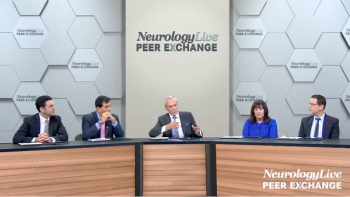
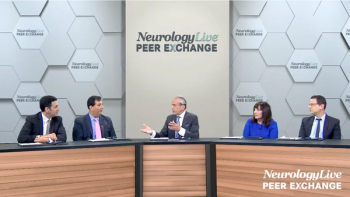
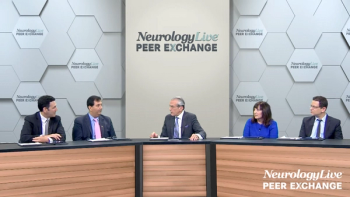
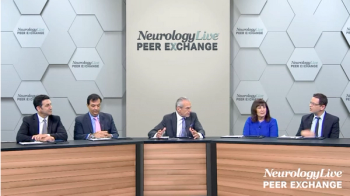
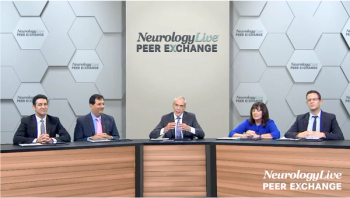

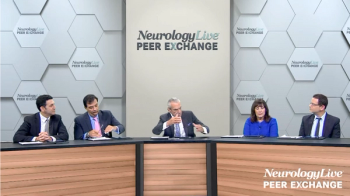
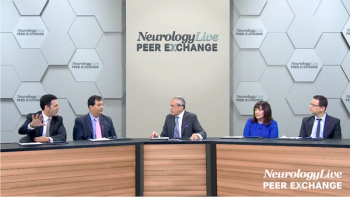



The associate chief of the MS division and professor of neurology at the University of Pennsylvania described the relationship between artificial intelligence and medicine, and how he sees it evolving in the future.

The professor of emergency medicine at the University of Wisconsin-Madison School of Medicine and Public Health discussed the impact that telemedicine, conducted in senior living communities, can have on emergency department visits for individuals with dementia.

Neurology News Network for the week ending August 17, 2019.

The findings of a pair of recent studies have suggested that the presence and chronicity of hyper- and hypotension in mid- and late-life increases the risk of incident dementia, and that intensive blood pressure intervention can, although modestly, impact cerebral small vessel ischemic disease.
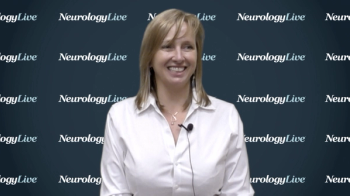
The regional lead in clinical and translational neuroscience at Kaiser Permanente discussed subgroup findings from a study of pregnancy in women with MS which suggested that breastfeeding in the postpartum period can drastically decrease the risk of disease relapse.

The pediatric neurologist and epilepsy specialist at Children’s Hospital Colorado spoke about patient interest in cannabidiol after the FDA approval of Epidiolex, and what remains to be done to perfect its use in epilepsy.

Jeffrey Dayno, MD, chief medical officer of Harmony Biosciences, as well as John C. Jacobs, the chairman and CEO, shared their insight into the potential impact pitolisant can make in the treatment of narcolepsy and excessive daytime sleepiness.
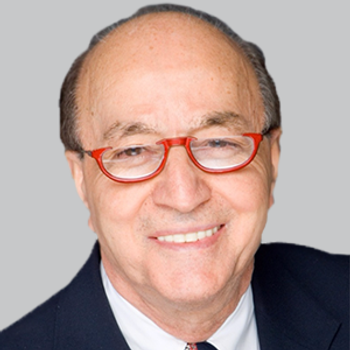
While both 18F-FDG and 18F-florbetapir can discriminate those with dementia from healthy controls, the correlation to cognitive scores are much stronger with 18F-FDG.
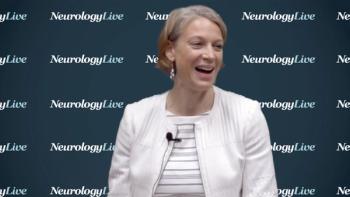
The postdoctoral scholar at the University of California San Francisco discussed the findings from her study that gives comprehensive insight into prevalence and organ associations of vasculitic neuropathy.

With its FDA approval, the selective histamine 3 receptor antagonist/inverse agonist, branded Wakix, is the first and only therapy for narcolepsy which is not scheduled as a controlled substance by the DEA. It is expected to enter the market by Q4 2019.
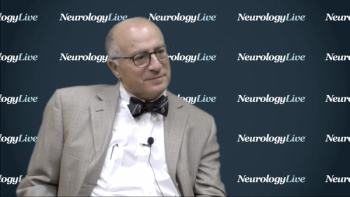
The associate chief of the MS division and professor of neurology at Penn Medicine described the ongoing relationship between artificial intelligence and neurologists, and how it may evolve in the future.

The director of the division of neurology and headache medicine specialist at Cincinnati Children’s Hospital offered insights on the updated pediatric migraine guidelines recently issued by the AAN and AHS.

The American Academy of Neurology and American Headache Society have released 2 sets of guidelines regarding the acute and preventive treatment of migraine in children and teenagers, with a focus on shared decision-making, patient education, and needs for future research.

The director emeritus of the Cleveland Clinic Lou Ruvo Center for Brain Health and vice chair of the department of brain health at the University of Nevada Las Vegas spoke about cognitive enhancing agents, disease-modifying therapies, and neuropsychiatric therapies under investigation for Alzheimer disease.

The review is an update to a drug safety communication initially issued in 2010 after trial results suggested a possible increased risk for prostate cancer with use of entacapone.
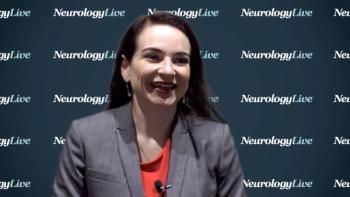
The assistant professor and neurologist at the University of California San Francisco discussed how the presence of cranial autonomic symptoms (CAS) can be a predictor of the effect of Botox on chronic migraine.